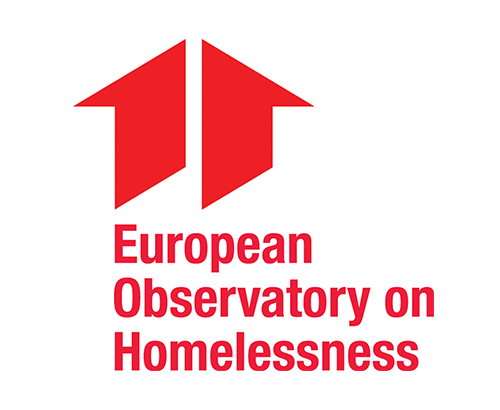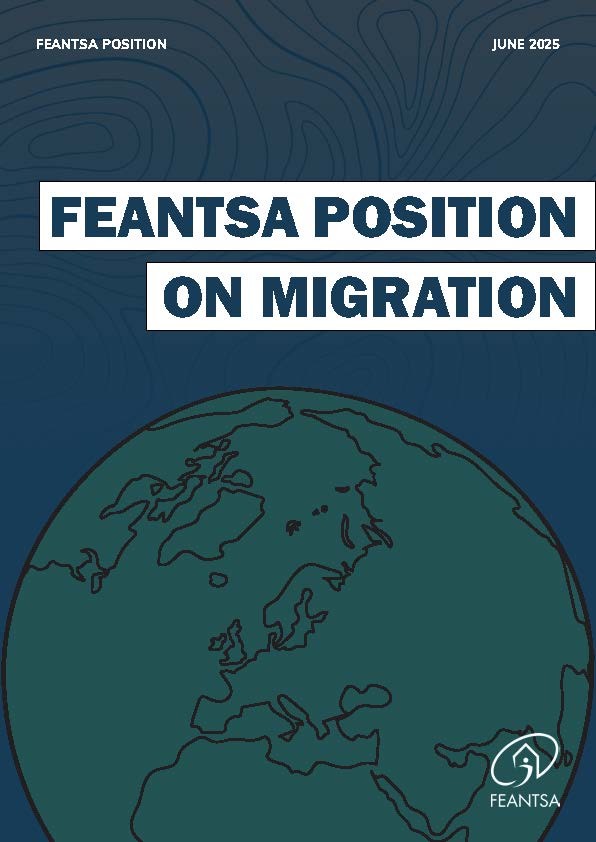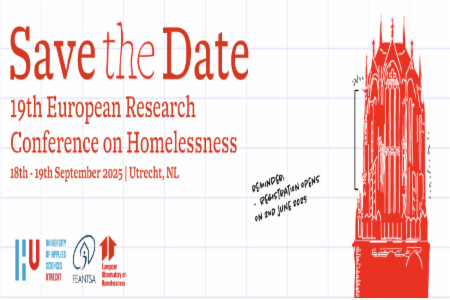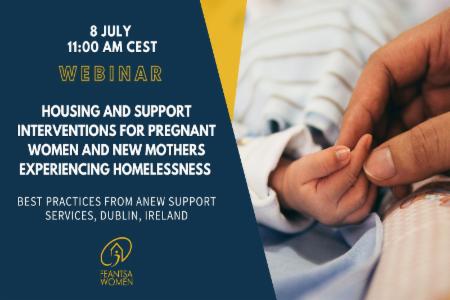FEANTSA POSITION ON MIGRATION
Download the FEANTSA Position on Migration here
Europe is facing a deepening housing crisis, with soaring rents making affordable housing increasingly rare and homelessness rising sharply. In an attempt to mask the systemic failures in the housing market, policy makers in many European countries have purposely blamed migrants for this crisis. Yet, evidence shows that migrants contribute significantly to the EU economy and to the construction sector. Meanwhile, they face greater housing challenges due to discrimination, legal and administrative hurdles, and limited support on account of their residence status. In 2023, foreign-born people were almost twice as likely to be at risk of poverty and social exclusion as those native-born, and twice as likely to live in deprived and overcrowded accommodation. Migrants and racialised communities are more likely to experience poverty, overcrowding, and housing discrimination, with surveys showing high levels of bias against people of African descent and Muslims in the housing market.
Poor housing and homelessness remain persistent issues for migrants across the EU, including mobile EU citizens, those seeking or granted international protection, and those with precarious residence status. The OECD notes migrants are often overrepresented among those facing homelessness where data is available. EU member states have failed repeatedly to ensure that migrants, including those searching for international protection and those who were granted refugee status, have access to safe and adequate accommodation. Structural issues such as housing shortages and underfunded services, as well as the increasingly hostile migration environment, are the main drivers of homelessness among migrants. A crucial factor that contributes to pushing migrants into destitution and homelessness is related to EU migration and asylum legislation and its implementation by Member States. European legislation and policies tend to complicate rather than facilitate the reception and integration of migrants in Europe. A further lack of concrete migration policies for people who migrate to the EU for reasons beyond international protection (for livelihood, family reasons, studies, etc) also contributes to the complexity of the situation.
FEANTSA’s position on migration and homelessness is firmly grounded in the principle that access to housing, including access to shelter, is a fundamental human right, not a privilege tied to residence status. Ending homelessness means ending homelessness for everyone - migrants are no exception.
Read the full position paper to learn more.




